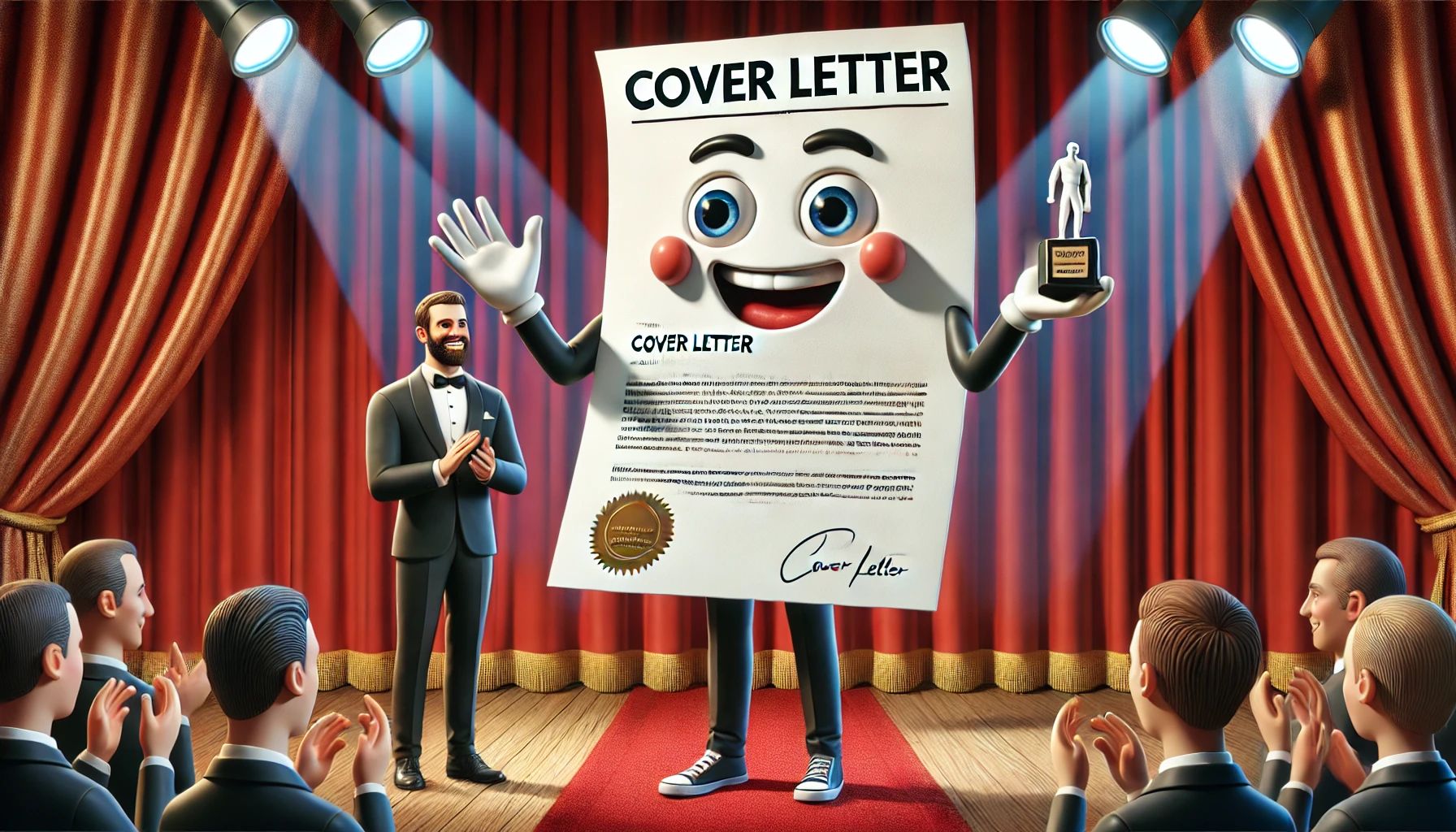
If you are an entry level candidate, be it a new college grad or someone transitioning into a different field, there is only so much you can say that will be of interest to the hiring authority. If you received your degree in engineering this past May and have four jobs in the fast food industry, the hiring authority will not be interested in several lines of detail on your back-of-house job description. There is no reason this information should take up 70% of the page space in your entry level resume. Instead, take your reader on a journey into your education, training, certifications, and technical skills. Trimming detail from your professional experience entries will ensure that your reader’s time and attention stays focused on where it should be. Let’s not forget that the valuable white space added to the document gives your reader’s eyes a rest. After all, what if your resume is the 145th of 175 entry level resume submissions they will be reading that day? Remember, the average resume has only 6 to 10 seconds to impress.
When it comes to entry level positions, the hiring authority will not expect you to have experience. So there is no need to pepper into the entry level resume work experience of another kind just to have it. The position’s skeleton itself is important (job title, employer name, date range) because it gives them a needed information for background checks and communicates your ability to hold gainful employment. Also, if you have any highlights in those positions that can communicate your ability to rise above your peers and contribute, this can have some value. But be sure to stop there. If you want your entry level resume to bear fruit.














